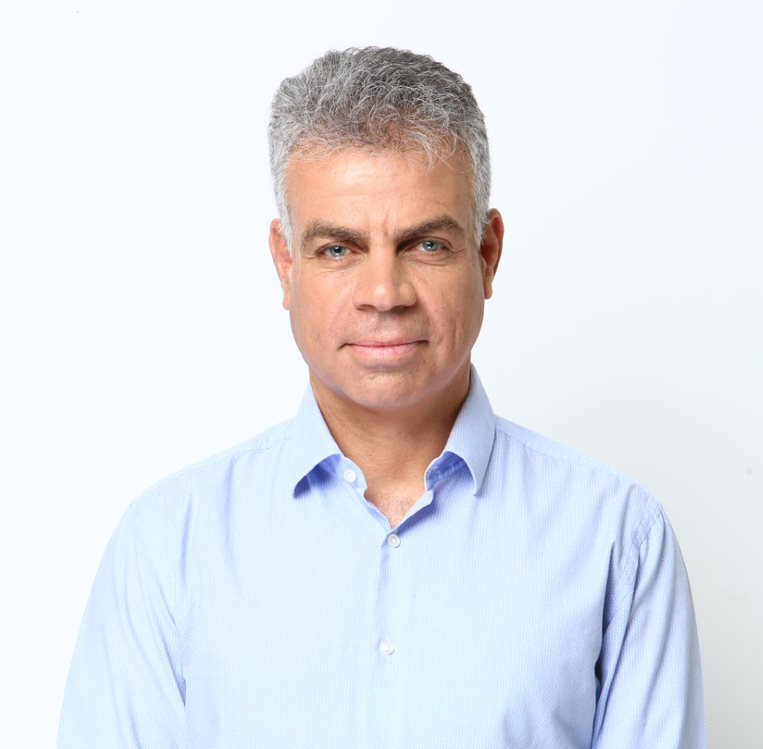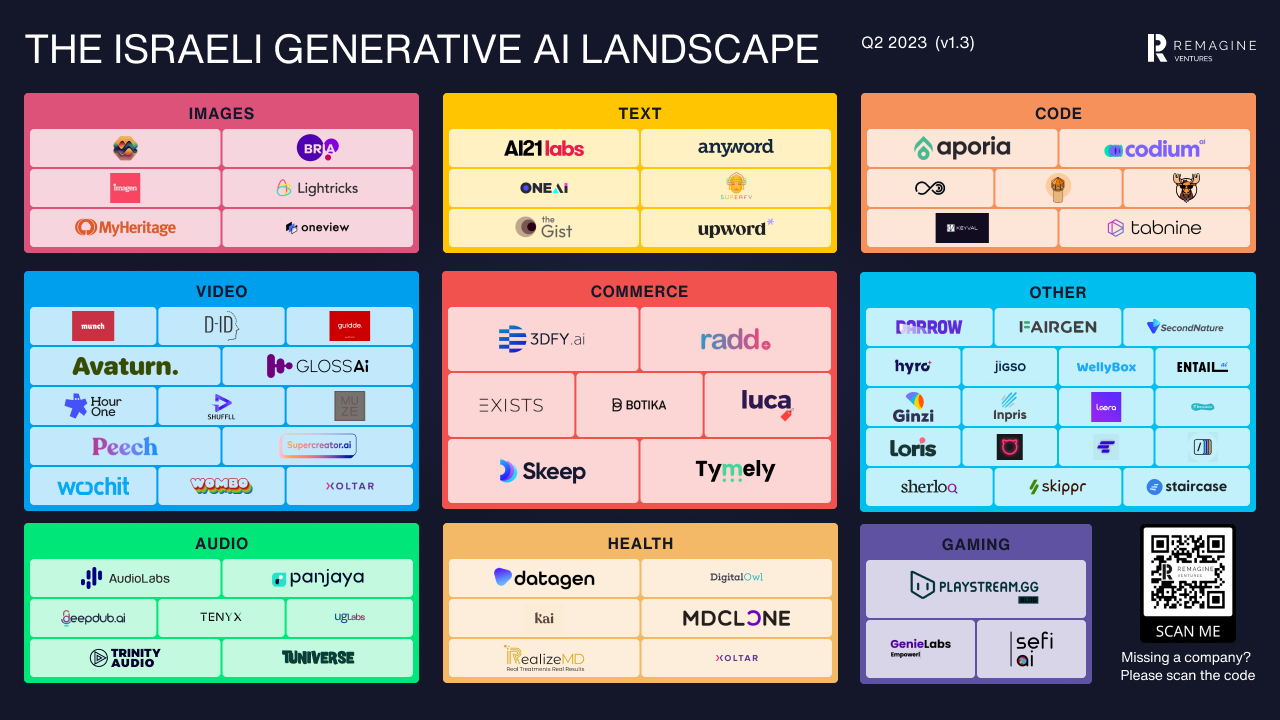The (un)real world of Generative AI
Is Artificial Intelligence going to render humans redundant in the workplace? Not quite, says Candice Krieger
Picture the scene. A movie made without humans, a music video where the artist doesn’t sing and an advert created completely by computers. Once a bit of futuristic fun seen on The Jetsons, Artificial Intelligence – or AI – is very much happening now.
Scary for some, mind-blowing for others, AI is transforming the way we live, interact, work and play. Generative AI in particular has been thrust into the limelight recently with the launch of tools like ChatGPT. Generative AI (aka Gen AI) refers to machine learning algorithms that are able to take existing content to create new content such as text, images, music and code. A kind of creative machine that can produce unique outputs after understanding the patterns and relationships in the data it has been trained on.
Tools like ChatGPT (an acronym of Chat Generative Pre-trained Transformer) have been around for a while, but increased accessibility and a rise in awareness has pushed Generative AI into the mainstream. Launched last year by Open AI, ChatGPT is a free natural language chatbot – ask it any question and it will answer.
You could use it – and generative AI tools in general – to come up with a catchy headline, create a piece of art, or write a scientific paper. One could even use it to pen an article on Generative AI…

But what does it all mean? Few are better placed to ask that Eze Vidra, the co-founder and managing partner of Remagine Ventures, which has been investing in generative AI since early 2019, before the term ‘Generative AI’ was even around.
Vidra, a former general partner at Google Ventures, says: “If you listen carefully, you’ll hear several leaders in the tech and venture world calling Generative AI the next major platform shift since the mobile phone. You could compare it to the early days of the internet or web 2.0 and the beginning of social media, when many ideas got funded and went bust, but that era also produced Google, Amazon, Facebook… and I believe we will see big outcomes in the generative AI space as well.”
While ChatGPT is the best-know product, it is just one of over 800 Generative AI companies out there, says Vidra.
The potential is staggering. According to the Financial Times, Generative AI startups have attracted over $21 billion in investment – $11 billion of which were invested in the first quarter of 2023. “We’re definitely at peak hype,” says Vidra. PWC reports that Generative AI will contribute $15.7 trillion to the global economy by 2030.
Unsurprisingly, Israel is a key innovator. Vidra says: “Israel has long been a strong producer of AI startups. The talent pool in AI, and Israeli entrepreneurs’ high disregard to the impossible combined with an active investment ecosystem gives Israel a great starting point to excel in the Generative AI space.”
Remagine recently published the first Israeli Generative AI landscape mapping 68 startups active in this space (attached image). “We know there are many more startups in this space who choose to remain in stealth, as well as incumbents like Wix, which is offering AI to help write the text for your website.”
Dr Eli Brosh, Head of AI Research at Wix, says: “The development of Generative AI has created opportunities for content creation that are changing the ways we work. By incorporating recent AI technologies into Wix products, we’re helping our users remove the barriers that generally complicate website building and enable users to keep their site updated and on brand using the latest web technology. We want users to have the experience of having a professional web designer or content writer supporting them during their creation process. Over the years, we’ve developed and integrated AI into the Wix Editor to help our users at different steps of their creation process.”
Other Israeli companies innovating in the space include AI 21 Labs, developer of the Jurassic LLM (large language model) – an alternative to ChatGPT, Wordtune, a product that helps users rewrite, summarise and enrich text, and D-ID, which enables talking avatars.

Earlier this year McKinsey & Co acquired Tel Aviv-based AI company Iguazio to help bolster its AI business offering. Ben Ellencweig, senior partner and Global Leader of McKinsey & Company Analytics Alliances and Acquisitions, says: “It’s absolutely the case that companies are trying to incorporate Generative AI into their business. We have been having hundreds of client conversations about how they can use ChatGPT and Gen AI to create value for business, all the way to thinking about the risks and mitigating them (Responsible AI) and how do they change the way of working.
“Gen AI will change the way we all work, change roles, create new roles and while it will make some jobs obsolete, it’s more about the tasks and redirecting people to focus on the high-value tasks.”

Iguazio co-founder Asaf Somekh adds: “The whole point is how you take all this Gen AI, leveraging it to make it useful for clients. We are working with enterprises to piggyback on large AI models that were created and fine tune them for their uses, such as more sophisticated chat bots for supporting their clients.”
Media and entertainment are particularly susceptible to tech disruption. Vidra explains: “They are based on creating content. Generative AI automates this process. Suddenly, anyone with access to the internet can start creating content at scale and social media networks enable that content to spread rapidly.”
But Generative AI has its limitations. It’s not always accurate, and runs the risk of containing factual flaws, biases and misinformation. “You can’t blindly depend on the quality,” says Vidra. “It’s important to remember that Generative AI, while very powerful, is still in relatively early stages of development.” He adds: “I do worry about the pace (of Gen AI development) and about people taking advantage of this technology to spread disinformation and to use these powerful tools with malicious intent. Regulators have started working on how to curb these risks, but ultimately, it’s up to the companies to make sure they impose rules and ethical codes to minimise the negative impact.”
As Generative AI advances week on week, what does this actually mean for our jobs?

According to reports, around 80 per cent of the workforce could have at least 10 per cent of their work tasks affected, and AI could replace the equivalent of 300 million full-time jobs and a quarter of work tasks in the US and Europe. The most affected are likely to be interpreters, poets, writers and journalists (gulp). The least – food services, manufacturing and construction.
Should we be worried? “You don’t need to worry about your job,” reassures Somekh. “Gen AI has been around for a while and you should look at it as a way of getting help for your articles enabling you to write in a faster and more efficient way. It can make things better rather than obsolete, enabling us to be more productive.”
And Vidra says: “I think generative AI can automate the process of content creation but not replace the journalist/writer outright. I believe that in the future, generative AI tools will enter every role in the companies across industries and that we will all be using AI agents for our jobs. There’s a potential that some jobs will be lost, but equally, that new opportunities will be created.”
Shaul Olmert is the co-founder of Tel Aviv based Piggy, which enables smart phone users to generate fully-designed colourful documents from their phone using simple text prompts. He says: “The internet has created a wave of very shallow content which can be used for marketing and promotional articles but I don’t see The Economist for example firing their Pulitzer Prize-winning writer. When it comes to more in depth analytical pieces, you can’t replace people.
He adds: “For everyone concerned about AI replacing humans, I remember the same concerns over the invention of Personal Computers. People thought we were going to be replaced by robots. But actually because of technology, we have more people employed but things will have to change. But it’s good because the computers can do a lot of the leg work, which helps people to develop skills that machines can’t. There’s always a suspicion when new tech emerges but we need to see it as an opportunity.”
In fact, Gen AI may also mean new jobs and a productivity boom, says the report by Goldmans, and could eventually increase the total annual value of goods and services produced globally by seven per cent.
The UK government is promoting investment in AI, which it says will “ultimately drive productivity across the economy”, and has tried to reassure the public about its impact. The prime minister and tech secretary announced an AI taskforce backed by £100 million in government funding to “accelerate” the UK’s Generative AI sector and keep pace with technological advances like ChatGPT.
David Benigson is the co-founder and CEO of Signal AI, which uses AI to sort through the exploding deluge of information available, such as news, blogs and broadcasts, to help businesses make more informed commercial decisions. He says: “Generative AI is transforming knowledge work, and Signal AI has been at the forefront of the AI and ML (machine learning) revolution for nearly a decade. We envision AI’s impact across the entire content lifecycle, from aggregation to enrichment and advanced analytics for decision-making.”
There is no doubt that Gen AI is already transforming the world of work. “I’m excited about the potential of generative AI to unlock creativity and increase productivity,” says Vidra. “Suddenly, everyone with a smartphone can become a content creator and while it comes with its own set of risks, I think it has the potential to become a major platform shift, like the introduction of the smartphone. I’m excited about the opportunities this technology creates.”

Thank you for helping to make Jewish News the leading source of news and opinion for the UK Jewish community. Today we're asking for your invaluable help to continue putting our community first in everything we do.
For as little as £5 a month you can help sustain the vital work we do in celebrating and standing up for Jewish life in Britain.
Jewish News holds our community together and keeps us connected. Like a synagogue, it’s where people turn to feel part of something bigger. It also proudly shows the rest of Britain the vibrancy and rich culture of modern Jewish life.
You can make a quick and easy one-off or monthly contribution of £5, £10, £20 or any other sum you’re comfortable with.
100% of your donation will help us continue celebrating our community, in all its dynamic diversity...
Engaging
Being a community platform means so much more than producing a newspaper and website. One of our proudest roles is media partnering with our invaluable charities to amplify the outstanding work they do to help us all.
Celebrating
There’s no shortage of oys in the world but Jewish News takes every opportunity to celebrate the joys too, through projects like Night of Heroes, 40 Under 40 and other compelling countdowns that make the community kvell with pride.
Pioneering
In the first collaboration between media outlets from different faiths, Jewish News worked with British Muslim TV and Church Times to produce a list of young activists leading the way on interfaith understanding.
Campaigning
Royal Mail issued a stamp honouring Holocaust hero Sir Nicholas Winton after a Jewish News campaign attracted more than 100,000 backers. Jewish Newsalso produces special editions of the paper highlighting pressing issues including mental health and Holocaust remembrance.
Easy access
In an age when news is readily accessible, Jewish News provides high-quality content free online and offline, removing any financial barriers to connecting people.
Voice of our community to wider society
The Jewish News team regularly appears on TV, radio and on the pages of the national press to comment on stories about the Jewish community. Easy access to the paper on the streets of London also means Jewish News provides an invaluable window into the community for the country at large.
We hope you agree all this is worth preserving.






















